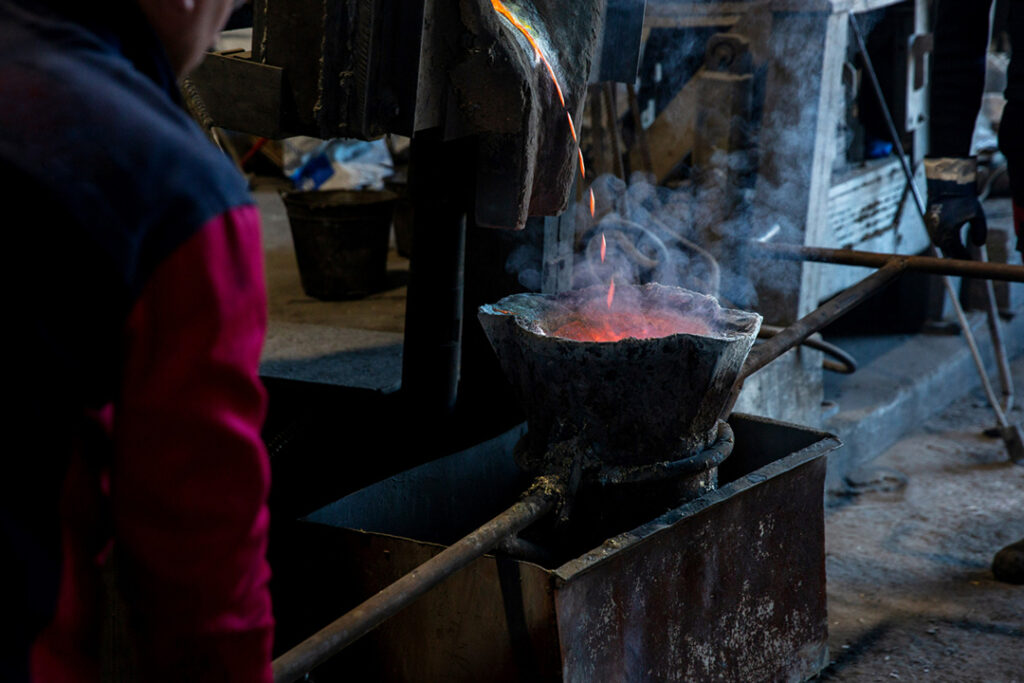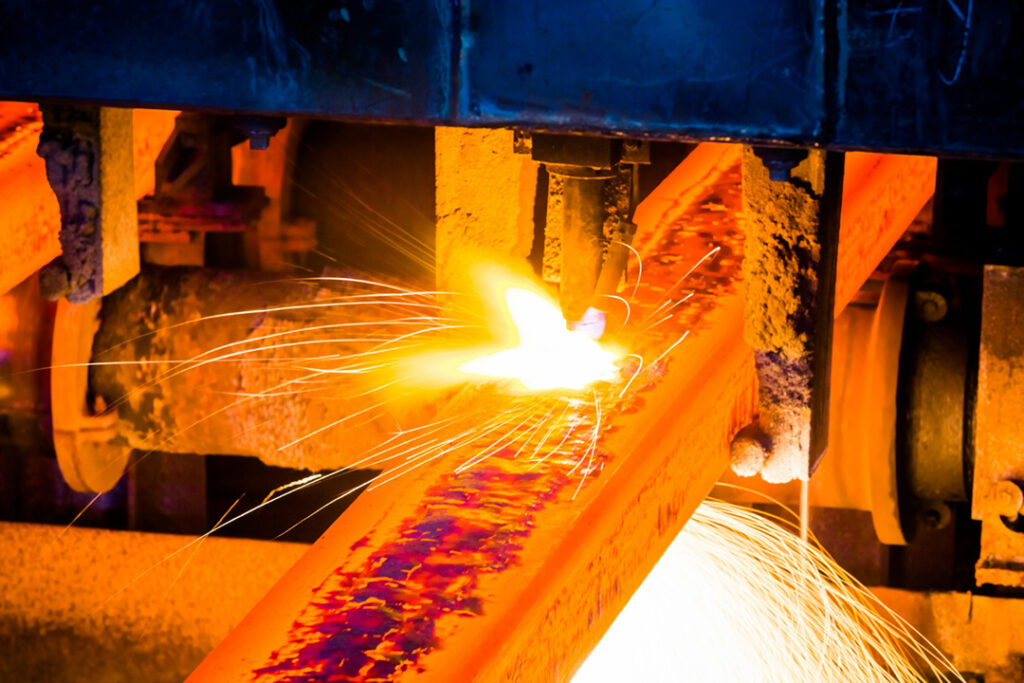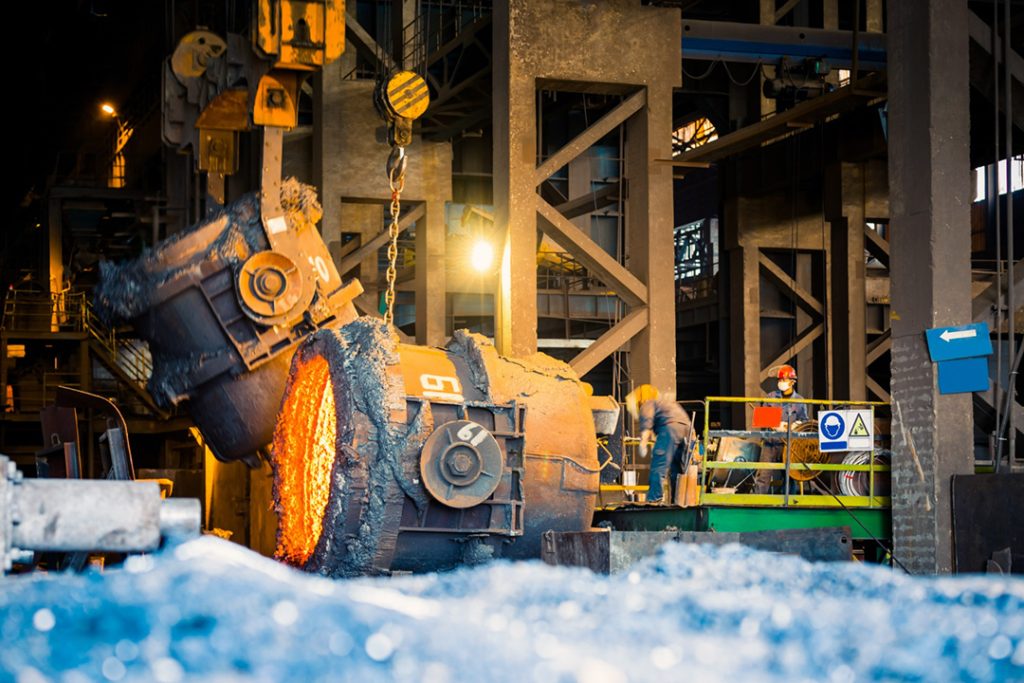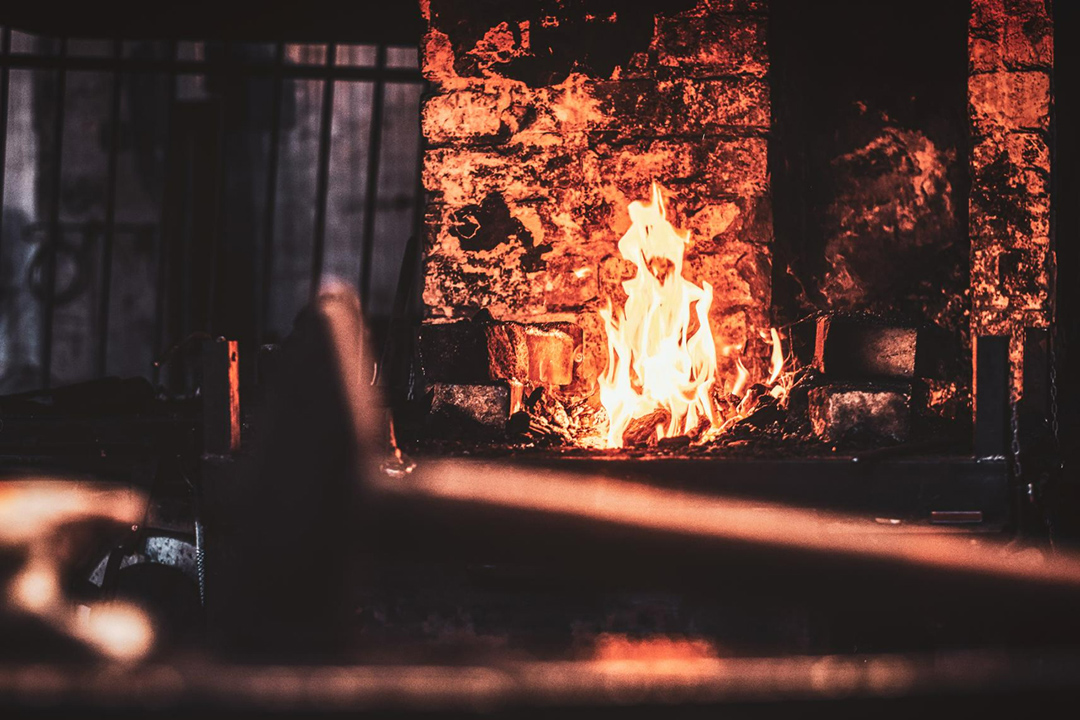Bulk bags are known for their ability to hold large amounts of dry, flowable materials, but their usefulness also extends to cases where extremely high or low temperatures may be present. Think about how important they are to cold storage facilities, where bulk bags are used to safely store frozen foods, medications, or delicate chemicals that need to be kept at constant below-freezing temperatures.
On the other hand, bulk bags are essential in the harsh mining environment for transporting ores, concentrates, or even slag near high-temperature equipment, such as furnaces and smelters. Similarly, they may move recently processed materials or hot catalyst beds before they completely cool in the metallurgical and chemical sectors.
However, the bulk packaging products are made from woven plastic fabric – polypropylene, to be exact – which means they can melt or become brittle. Therefore, it’s important to understand the temperature restrictions of bulk bags. Custom Bulk Bags (CBB) is a leading manufacturer and supplier of bulk bags in South Africa. We produce up to 3.5 million units every year, and our products can safely hold between 500kg and two tonnes of material per bag.
We offer various customisable bulk bags and can include certain additives that improve the usability of your packaging in extreme temperature environments. We can help you tailor your bags for your specific needs, but this will require an in-depth consultation process.

The temperature range of bulk bags
Standard woven polypropylene fabric is a thermoplastic polymer renowned for its exceptional strength-to-weight ratio and chemical resistance. It’s used to make the vast majority of bulk bags, but polypropylene has particular temperature restrictions that determine its usage, much like other polymers.
Standard woven polypropylene fabric can be used in temperatures ranging from about -20°C to +80°C. The material maintains its level of flexibility, load-bearing capacity, and structural integrity within this range. There are ways to extend this temperature range, which will be covered below.
Standard polypropylene may become more brittle below the lower limit, increasing its vulnerability to impact damage during handling, particularly if the bags are dropped or experience abrupt impacts. In cold storage applications where temperatures might drop dramatically, this is an important factor to take into account.
In contrast, polypropylene starts to soften as temperatures get closer to the upper limit. The material begins to lose its tensile strength and stiffness at temperatures above about 80°C, which makes it more difficult for the bag to maintain its shape and hold its rated load. The fabric may stretch, deform, or even melt if the temperature rises too much, which could result in a bag collapse as well as possible product spills or safety risks.

Changing heat resistance
Through a variety of engineering techniques, such as the use of alternative polymer formulas, specialised additives, and controlled processing conditions during manufacturing, the standard temperature range of polypropylene can be changed and broadened. When specifying bulk bags for high-temperature applications, it’s vital to understand these factors.
- Standard melting point – The melting point of polypropylene is the primary factor limiting its heat resistance. This normally falls between 160°C and 170°C. The melting point is the absolute maximum point at which a polymer changes from a solid to a liquid state, even though the material starts to weaken and lose structural integrity long before it reaches this temperature.
- Homopolymer vs copolymer – The temperature range of polypropylene can be affected by the choice between homopolymer and copolymer. Copolymer PP, which contains trace amounts of additional monomers (such as ethylene), can increase impact strength and flexibility, especially at lower temperatures, while homopolymer PP provides good stiffness and strength. However, certain homopolymer formulations (possibly with additional stabilisers) are favoured for prolonged exposure to high temperatures.
- Crystallinity – The mechanical characteristics and heat resistance of polypropylene are influenced by the degree of crystallinity present in its structure. Greater stiffness, hardness, and a little higher softening point are typically associated with higher crystallinity. By controlling the crystallisation process, manufacturing procedures can improve the material’s resistance to premature deformation at high temperatures.
- Additives – To customise the bulk bag’s thermal performance, specific additives must be mixed in during the extrusion process. Commonly used substances include UV inhibitors, antioxidants, and heat stabilisers. When exposed to high temperatures, heat stabilisers help prevent the polymer chains from thermally degrading, preserving the material’s strength over time. Antioxidants protect the polymer from oxidation, which can speed up the breakdown of materials at high temperatures.
- Constant exposure to high temperatures – Consider intermittent and continuous exposure to high temperatures. Although a bulk bag may be able to tolerate temperatures near its softening point for a short time, extended exposure to temperatures over its normal working range may cause the material to degrade more quickly, lose its mechanical qualities, and eventually fail too soon. A material’s “maximum temperature rating” is the highest temperature it can withstand for an extended length of time without experiencing a noticeable decline in performance.

Customised bulk bags for high temperatures
Businesses that need bulk bags for storing or transporting goods and materials in extreme temperatures will need to customise their bulk bags, as standard ones won’t work. CBB can find the right formulations and materials to ensure your packaging products are usable in cold or hot environments.
We can design bulk bags with regulated temperature ranges by carefully choosing the materials, incorporating particular polypropylene formulas, and precisely applying heat-resistant additives.
Our team of professionals can offer advice and design solutions, whether your application calls for improved performance in sub-zero cold storage or strong integrity when handling materials in high-heat industrial settings close to furnaces or smelters. We work together with our clients to fully understand the thermal profile of their operations to ensure both operational efficiency and product safety. For more information about our bulk bags or to get advice on the ideal designs, please contact us today.
___
Custom Bulk Bags is a leading South African manufacturer of woven polypropylene bags for various industries, such as mining, chemicals and food. We are a Level 2 B-BBEE manufacturer and supplier and fall under the ownership structure of Deneb Investments Limited. For more information on our products, contact sales@custombulkbags.co.za.
